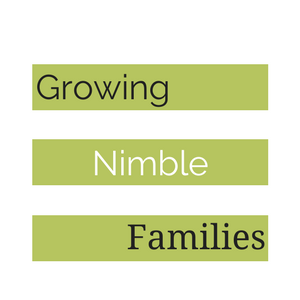Do you have what it takes to be a [tag]play ranger[/tag]?
In the UK, the government is funding schemes that employ play rangers who [tag]play[/tag]
”
- Encourage children to make more use of [tag]parks[/tag] and [tag]open spaces[/tag]
- Reduce children’s fear of bullying
- Help children to feel that they have someone to listen to their needs and turn to for advice
There are three teams of two play rangers working in parks and outdoor public spaces which operates on an ‘open access’ principle meaning that [tag]children[/tag] are free to come and go as they please as there is no registration is required. By being present in the park Community Play Rangers do their utmost to ensure children are kept safe yet at the same time provide opportunities for them to be challenged, take risks and have fun outdoors come rain or shine or even snow.
The project has over 200 children regularly attending the play sessions throughout the year achieving over 12,000 attendances annually. These children are learning [tag]social skills[/tag], being [tag]physically active[/tag] and [tag]creative[/tag], being consulted and listened to and inputting into the planning and evaluation of the whole project.”
Source: Community play rangers
Imagine that; a chance for children to learn new skills, be challenged in a safe environment using the natural open spaces of your area by trained play professionals.
Why we need something like this in more [tag]communities[/tag]?
- Children are playing less outside a great opportunity to use the large muscles and work off all that energy.
- Playing outside is free. Tumble tots, gym- is not.
- Children are not using open spaces and certainly not encouraged to take risks infact playgrounds are increasingly free of that tempting tree to climb on or activities that encourage risk taking safely. Is that an oxymoron? Risk taking is a skill all children need to master and be given safe opportunities to do that.
- If we don’t use our open spaces we’ll loose them
- Playing in nature gives children a unique experience of life that books and computers can’t give.
- Running around in a large open space is great exercise, increases stamina and encourages cooperative play and team games. Skills that are learnt overtime and not caught.
- As much as we don’t think we need professionals to teach our children how to play- after all no one taught us- right? Our children don’t have the same freedoms of movement ( for example, allowed to play out from dawn to dusk unsupervised, The perceived or real risk of abduction or molestation etc). Children play where we the adults are close but as parents many of us worry about the risk-taking behaviour, clothes getting dirty, the style of play etc but with a play ranger the expectations would be different? Children learn new skills that we did unsupervised.
We all know that around our parents we played differently from when they were present.
I find the Play rangers a refreshing way of encouraging the use of outdoor spaces by bringing groups of children together with skilled professionals. I feel it gives parents another idea in their arsenal of activities and takes us one more step away from popping in that DVD and instead gets the kids active, tired and involved.
What are your experiences of your open space?
Is this something you would want in your area? Find out how to set a scheme up like this one here.
For more information
The Pica Perspective: Wanted in the UK: Play Rangers
Children learn traditional games
Practical examples of how to use play rangers
Free time play stategy document
Find out more about being a play ranger
on Play rangers funded through Lottery
and here











Hi Melitsa!
Thanks for contributing this post to this week’s edition of the Carnival of Family Life, hosted at Confessions of a Novice. The Carnival will be live on Monday, January 28, 2008, so be sure to stop by and check out all of this week’s excellent submissions!